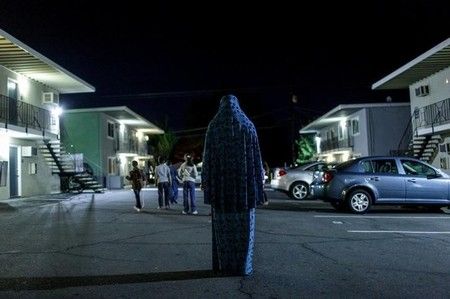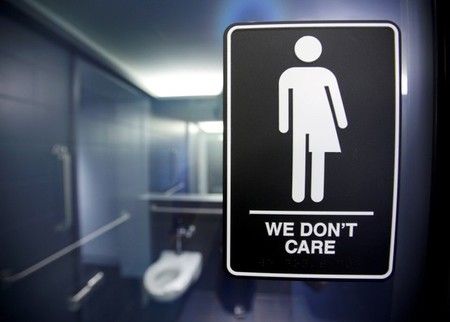Advertisement
Hawaii becomes first U.S. state to place gun owners on FBI database

By Alex Dobuzinskis
LOS ANGELES (Reuters) – Hawaii’s governor signed a bill making it the first state to place its residents who own firearms in a federal criminal record database and monitor them for possible wrongdoing anywhere in the country, his office said.
The move by gun control proponents in the liberal state represents an effort to institute some limits on firearms in the face of a bitter national debate over guns that this week saw Democratic lawmakers stage a sit-in at the U.S. House of Representatives.
Hawaii Governor David Ige, a Democrat, on Thursday signed into law a bill to have police in the state enroll people into an FBI criminal monitoring service after they register their firearms as already required, his office said in a statement.
The Federal Bureau of Investigation database called “Rap Back” will allow Hawaii police to be notified when a firearm owner from the state is arrested anywhere in the United States.
Hawaii has become the first U.S. state to place firearm owners on the FBI’s Rap Back, which until now was used to monitor criminal activities by individuals under investigation or people in positions of trust such as school teachers and daycare workers
“As you can imagine, the NRA finds this one of the most extreme bills we’ve ever seen,” said Amy Hunter, a spokeswoman for the National Rifle Association’s institute for legislative action.
The law could affect gun owners outside Hawaii, because the state requires visitors carrying guns to register, Hunter said.
As a result, they could be added to “Rap Back” because they arrived in the state with a gun, she said. The Hawaii attorney general’s office said a weapon-carrying visitor should be able to petition for removal from the national database after leaving the state.
Hawaii state Senator Will Espero, a Democrat who co-authored the law and owns a gun, called it “common sense legislation that does not hurt anyone.”
The law, which takes effect immediately, allows police in Hawaii to evaluate whether a firearm owner should continue to possess a gun after being arrested.
“It just means local police will be notified,” Espero said in a phone interview.
Ige’s office said he also signed into law two other firearms bills. One makes convictions for stalking and sexual assault among the criminal offenses disqualifying a person from gun ownership. The other requires firearm owners to surrender their weapons if diagnosed with a mental, behavioral or emotional disorder.
(Reporting by Alex Dobuzinskis; Editing by David Gregorio and Ed Davies)










